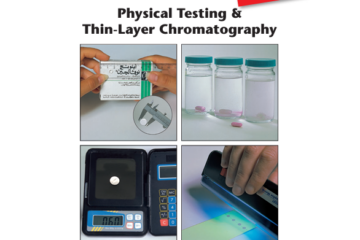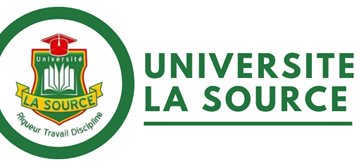We support and amplify the statements delivered by our members World Heart Federation and US Pharmacopeia and other stakeholders such as Médecins Sans Frontières and International Pharmaceutical Federation on agenda item 13.3 Substandard and falsified medical products (WHA76/13.3) at the 76th World Health Assembly of the World Health Organisation.
As described in our Call to Action on UHC, we believe that there is a vital importance of highlighting the link between achieving the goal of Universal Health Coverage and ensuring quality medicines. This entails actions to prevent, detect and respond to substandard and falsified medical products to make sure that all patients have access to safe and efficient medicines. Read the compelling statements below that emphasize the urgency of this matter.
Meeting:
WHA76 Individual Statements
Agenda Item:
– 13.3 Substandard and falsified medical products (WHA76/13.3)
Statement:
We applaud the Secretariat for its report and leadership in strengthening rehabilitation services for people living with NCDs, CVD, and post-COVID conditions.
Cardiac rehabilitation encompasses a set of cost-effective interventions that are essential to the management of heart conditions and significantly reduces cardiovascular morbidity and mortality.
We urge Member States to ensure the full continuum of care, including health promotion, prevention, diagnosis, treatment, rehabilitation, and palliative care by integrating these services into UHC, PHC, and emergency preparedness plans.
We also take this opportunity to encourage Member States to accelerate their efforts in tackling the ever-growing issue of substandard and falsified medical products. Such products not only threaten patient safety but erode trust in healthcare systems, fuel antimicrobial resistance, and hinder the achievement of UHC.
United States Pharmacopeial Convention
Meeting:
WHA76 Individual Statements
Agenda Item:
– 13.3 Substandard and falsified medical products (WHA76/13.3)
Statement:
Thank you for the opportunity to speak on behalf of the U.S. Pharmacopeia.
Poor quality medicines put lives at risk, cost economies billions of dollars, and undermine decades of hard-earned global health progress.
The recent tragedies in the Gambia, Indonesia, Uzbekistan —where cough syrup contaminated with diethylene glycol led to the deaths of over 300 children – underscore the urgency for member states to fund and resource their regulators to position them best to detect, prevent and respond to dangerous products.
Quality assurance has traditionally focused on testing of the finished product but given complexities in the pharmaceutical supply chain, there is a clear need for greater regulatory focus on quality controls for raw materials.
We call on member states to expand quality testing to upstream in the supply chain, which would help regulators detect substandard and falsified products and allow for a rapid response in times of crisis.
International Pharmaceutical Federation
Meeting:
WHA76 Individual Statements
Agenda Item:
– 13.3 Substandard and falsified medical products (WHA76/13.3)
Statement:
Honourable Chair, Distinguished Delegates,
Pharmacists are on the frontline for minimising and eliminating harm from substandard and falsified medicines, and combating antimicrobial resistance.
In collaboration with WHO, FIP developed a curriculum to support pharmacists’ education and training to identify and report SF medicines through surveillance and monitoring systems, both in the physical supply chain and online; and we have also delivered joint WHO-FIP initiatives on AMS such as the Curriculum Guide for Health Workers’ Education and Training on AMR. (1)
FIP encourages Member States to leverage pharmacists’ expertise and accessibility not only to combat SF medicines, but also to mitigate AMR by educating patients and supporting healthcare providers, ensuring the safe and responsible use of antimicrobials, and providing convenient and safe access to vaccinations.
Thank you.
Meeting:
WHA76 Individual Statements
Agenda Item:
– 13.3 Substandard and falsified medical products (WHA76/13.3)
Statement:
MSF witnesses the issue of substandard medical products. While more data on the problem are needed, its root cause is well known: regulatory systems in producing and importing countries.
Key manufacturing countries, particularly low- and middle-income, should participate in the WHO regulatory systems strengthening programme to establish their maturity level (ML) for medicines and vaccines, working towards becoming WHO-listed authorities (WLAs).
Importing countries can rely on WHO Prequalification (PQ). For medical products outside PQ scope, ML1/2 countries should consider relying on authorities becoming WLAs.
The links among the Member State Mechanism, WHO Global Surveillance and Monitoring System, Regulatory Systems Strengthening / Global Benchmarking Tool, and PQ are unclear; they should be integrated to ensure a significant decrease in substandard medical products.


